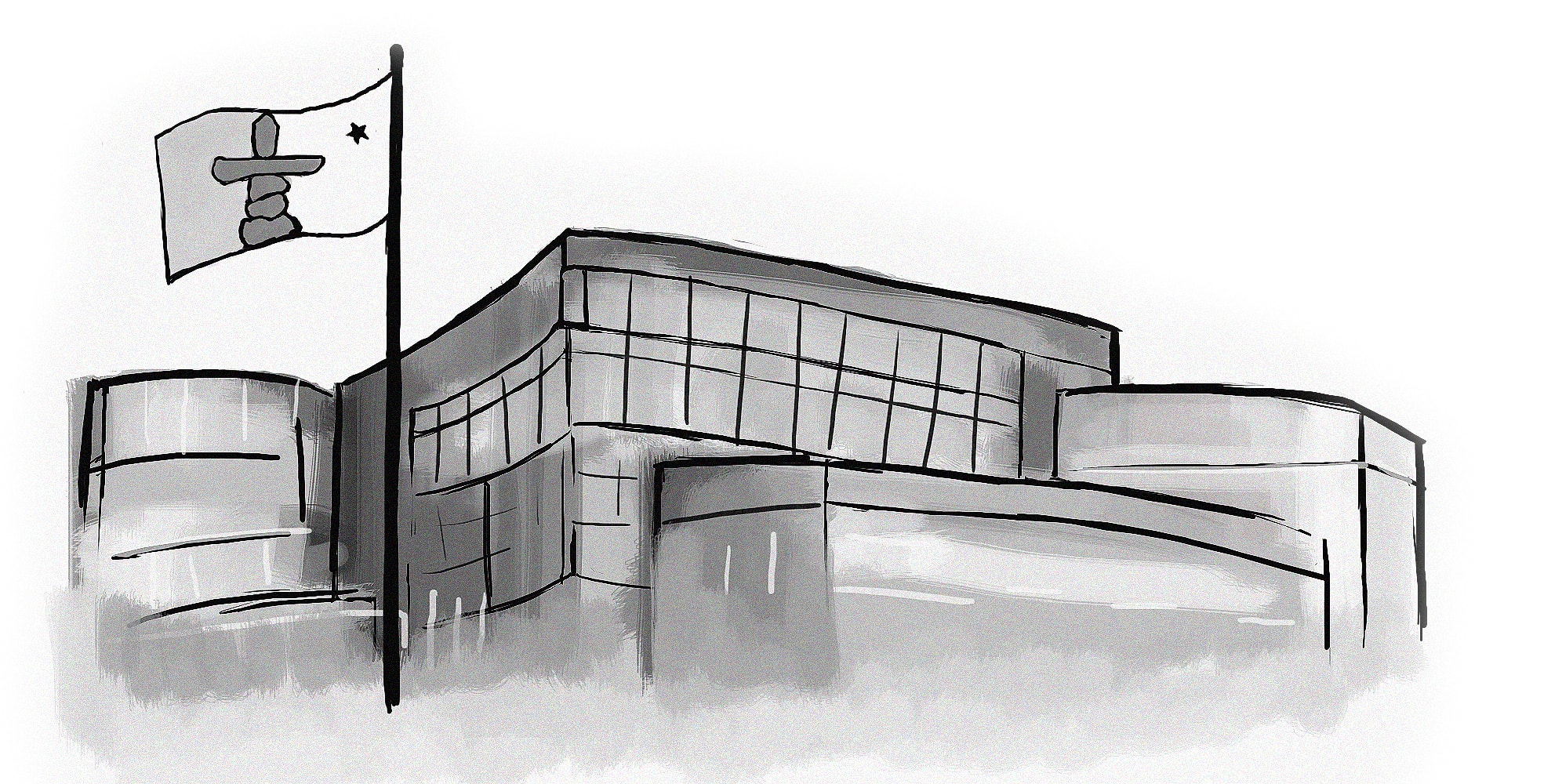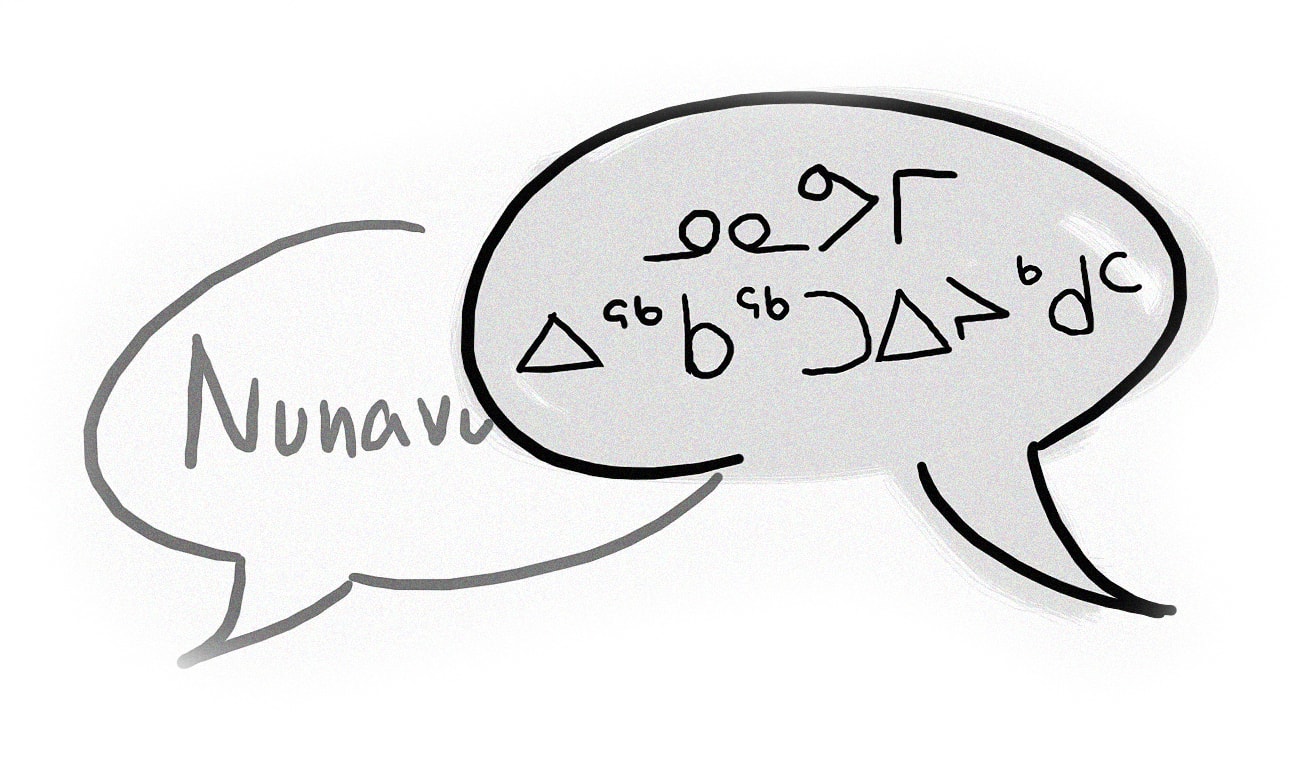Corinne Xu (3L)
Inspired by The Colbert Report’s “Better Know a District” series, and a desire to learn about courts beyond the few encountered in our law school readings, Ultra Vires is launching the “Better Know a Court” series to acquaint you with some of Canada’s lesser known judicial institutions.

The Nunavut Court of Justice
The Nunavut Court of Justice is unique in Canada in that it is both a superior and a territorial court. This would be like combining the Ontario Court of Justice, which is provincially appointed, and the Ontario Superior Court, which is federally appointed. The Nunavut Court of Justice was established in Iqaluit on April 1, 1999 as Canada’s only “unified” court. Prior to its establishment, justice was administered through the Territorial Court of the Northwest Territories, and the Supreme Court of the Northwest Territories. All judges at the Nunavut Court of Justice are superior court judges and appointed by the Federal Government of Canada.
In addition to presiding over court proceedings in Iqaluit, judges from the Nunavut Court of Justice also travel as a circuit court to 25 of Nunavut’s 27 communities. The Court visits as frequently as every six weeks or as infrequently as every two years, depending on a particular community’s needs. The Court does not visit very small communities that do not have RCMP detachments and report very little crime. In an average week, the Court will sit both in Iqaluit and at least one other community.
Members of the traveling circuit court include a judge, a clerk of the court, a court reporter, a prosecutor and at least one defence attorney. Depending on the case, court workers and victim witness assistants might also travel with the Court. Court is held in community halls, school gyms, and in other conference facilities. Elders sit with the judge in the courtroom, and may speak with the accused after hearing the submissions and prior to the sentencing.
All court proceedings in the communities are interpreted for the public by courtroom interpreters. Language is an important aspect of cross-cultural communication, particularly in the law. Courtroom proceedings in Nunavut can present unique challenges with respect to sharing meaning and common understanding across cultural boundaries.
As Bruce McRae, U of T Law alumnus and Co-Chair of the CBA Aboriginal Law Section, states in an article about practicing in Nunavut, Inuit culture is very distinct because of how the Inuit organize their society. For example, older Inuit were born before official records were kept. They may not know their date of birth, or may have been born out on the land. A child may be named to honour a deceased person—if the daughter bears the name of her paternal grandmother, a daughter might call her own father “son,” and he, in turn, would call his daughter “mother.” Finally, in Inuktitut, verb tenses can be the same. “Have you eaten” or “are you eating” is expressed the same way, which can present challenges when dealing with issues of time.

The Youth Justice Court of Nunavut
The Youth Justice Court of Nunavut is a special branch of the Nunavut Court of Justice. It is charged with hearing matters relating to youth between 12 and 18 years who have been charged with Criminal Code offences. The Youth Justice Court of Nunavut is comprised of judges from the Nunavut Court of Justice, as well as certain justices of the peace appointed under the Youth Court Jurisdiction Regulations.
Justice of the Peace Court
The volume of cases handled by the Nunavut Court of Justice requires the assistance of a wide network of deputy judges and justices of the peace, in addition to the federally appointed judges. Justices of the peace are lay people who perform various judicial and quasi-judicial functions. Living in the community where they sit, justices of the peace can preside over summary conviction matters, municipal by-laws, and certain criminal cases. They may conduct first appearance and bail hearings, issue warrants and summonses, and carry out public functions such as administering oaths and conducting marriage ceremonies.
Nunavut Court of Appeal
The Nunavut Court of Appeal hears appeals from the Nunavut Court of Justice. A panel of one to three judges hears matters before the Court. A single judge hears an appeal from a summary conviction case, whereas a panel of up to three judges hears appeals from an indictable offence. The Nunavut Court of Appeal only sits two to three times a year, and judges from the Nunavut Court of Justice, the Courts of Alberta, the Northwest Territories, and the Yukon all serve on the Court of Appeal.





